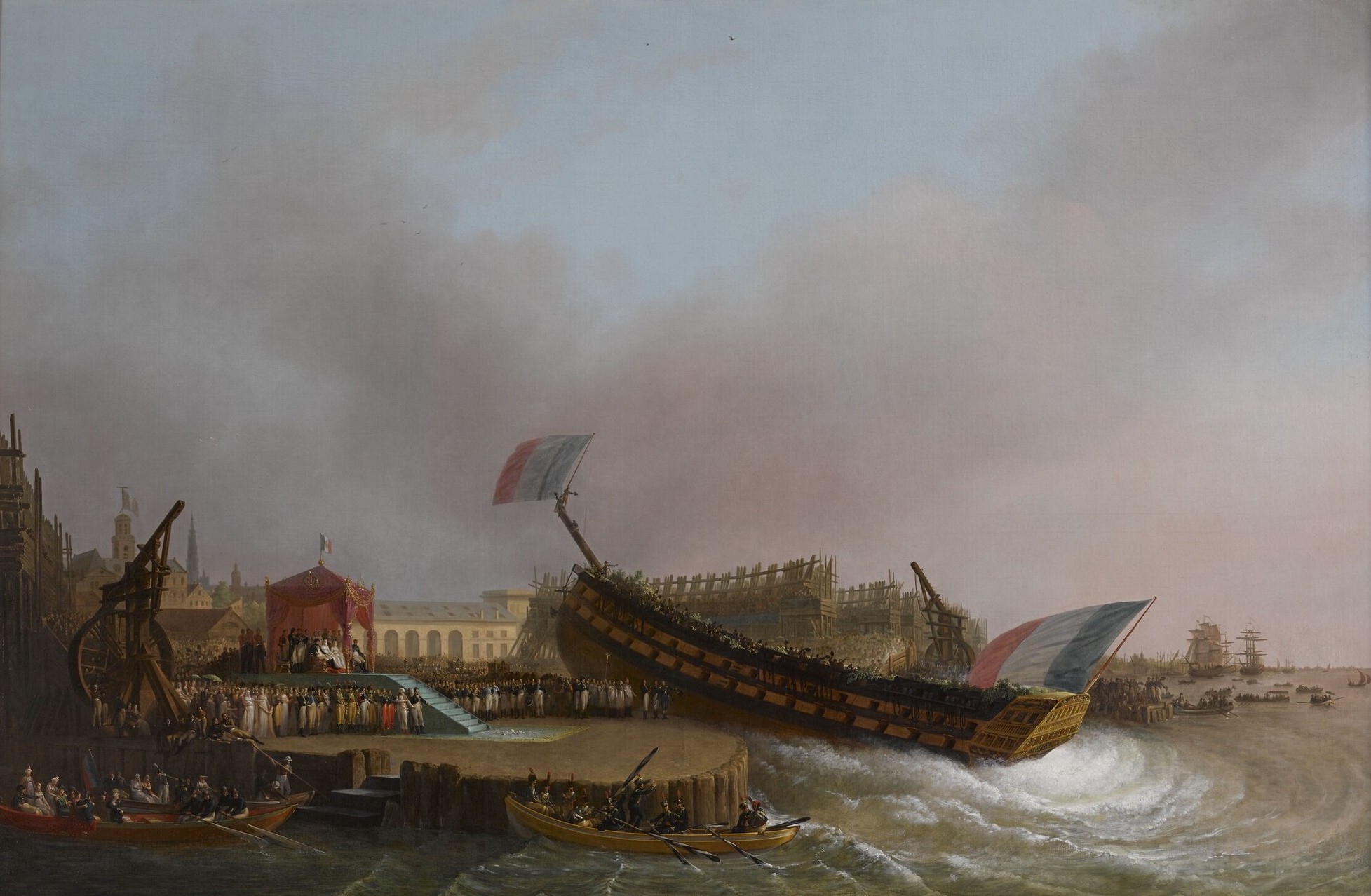|
RFA Robert Middleton (A241)
RFA ''Robert Middleton'' (A241) was a ''Dundas''-class coastal stores carrier of the Royal Fleet Auxiliary The Royal Fleet Auxiliary (RFA) is a naval auxiliary fleet owned by the UK's Ministry of Defence. It is a component of His Majesty's Naval Service and provides logistical and operational support to the Royal Navy and Royal Marines. The RF .... Launched in June 1938 and commissioned in August 1938, ''Robert Middleton'' was active from 1938 until 1975. Decommissioned in March 1975 ''Robert Middleton'' was sold commercially the same year and renamed ''Myrina''. References Ships of the Royal Fleet Auxiliary 1938 ships {{UK-aux-ship-stub ... [...More Info...] [...Related Items...] OR: [Wikipedia] [Google] [Baidu] |
Combat Stores Ship
Combat stores ships, or storeships, are ships used to store naval supplies. They are used to deliver supplies such as provisions and fuel to combat ships on extended deployments. The United States Navy operated the and es and the Royal Navy operated the class and continues to operate one ship, having scrapped the other. They carried or carry the fleets's refrigerated stores, dry provisions, technical spares, general stores, fleet freight, mail and replacement personnel or specialists. Storeships should not be confused with fast combat support ships which are high speed auxiliary ships or tenders which provide maintenance support to flotillas. Storeship Both the United States and the United Kingdom used stores ships in the War of 1812. In both the Mexican–American War and in the American Civil War, captured enemy prizes that were not considered "warlike" enough to be sold for prize money often became stores ships for a naval force operating where no friendly ports are nearb ... [...More Info...] [...Related Items...] OR: [Wikipedia] [Google] [Baidu] |
Royal Fleet Auxiliary
The Royal Fleet Auxiliary (RFA) is a naval auxiliary fleet owned by the UK's Ministry of Defence. It is a component of His Majesty's Naval Service and provides logistical and operational support to the Royal Navy and Royal Marines. The RFA ensures the Royal Navy is supplied and supported by providing fuel and stores through replenishment at sea, transporting Royal Marines and British Army personnel, providing medical care and transporting equipment and essentials around the world. In addition the RFA acts independently providing humanitarian aid, counter piracy and counter narcotic patrols together with assisting the Royal Navy in preventing conflict and securing international trade. They are a uniformed civilian branch of the Royal Navy staffed by British merchant sailors. The RFA is one of five RN fighting arms. RFA personnel are civilian employees of the Ministry of Defence and members of the Royal Naval Reserve and Sponsored Reserves. Although RFA personnel wear ... [...More Info...] [...Related Items...] OR: [Wikipedia] [Google] [Baidu] |
Ceremonial Ship Launching
Ceremonial ship launching involves the performing of ceremonies associated with the process of transferring a vessel to the water. It is a nautical tradition in many cultures, dating back millennia, to accompany the physical process with ceremonies which have been observed as public celebration and a solemn blessing, usually but not always, in association with the launch itself. Ship launching imposes stresses on the ship not met during normal operation and in addition to the size and weight of the vessel represents a considerable engineering challenge as well as a public spectacle. The process also involves Sailors' superstitions, many traditions intended to invite good luck, such as baptism#Boats and ships, christening by breaking a sacrificial bottle of champagne over the bow (ship), bow as the ship is named aloud and launched. Methods There are three principal methods of conveying a new ship from building site to water, only two of which are called "launching". The ol ... [...More Info...] [...Related Items...] OR: [Wikipedia] [Google] [Baidu] |
Ship Commissioning
Ship commissioning is the act or ceremony of placing a ship in active service and may be regarded as a particular application of the general concepts and practices of project commissioning. The term is most commonly applied to placing a warship in active duty with its country's military forces. The ceremonies involved are often rooted in centuries-old naval tradition. Ship naming and launching endow a ship hull with her identity, but many milestones remain before it is completed and considered ready to be designated a commissioned ship. The engineering plant, weapon and Electronics, electronic systems, Galley (kitchen), galley, and other equipment required to transform the new hull into an operating and habitable warship are installed and tested. The prospective commanding officer, ship's officers, the petty officers, and seamen who will form the crew report for training and familiarization with their new ship. Before commissioning, the new ship undergoes sea trials to identify a ... [...More Info...] [...Related Items...] OR: [Wikipedia] [Google] [Baidu] |
Ships Of The Royal Fleet Auxiliary
A ship is a large vessel that travels the world's oceans and other navigable waterways, carrying cargo or passengers, or in support of specialized missions, such as defense, research and fishing. Ships are generally distinguished from boats, based on size, shape, load capacity and purpose. Ships have supported exploration, trade, warfare, migration, colonization, and science. Ship transport is responsible for the largest portion of world commerce. The word ''ship'' has meant, depending on the era and the context, either just a large vessel or specifically a ship-rigged sailing ship with three or more masts, each of which is square-rigged. The earliest historical evidence of boats is found in Egypt during the 4th millennium BCE. In 2024, ships had a global cargo capacity of 2.4 billion tons, with the three largest classes being ships carrying dry bulk (43%), oil tankers (28%) and container ships (14%). Nomenclature Ships are typically larger than boats, but there is no u ... [...More Info...] [...Related Items...] OR: [Wikipedia] [Google] [Baidu] |



